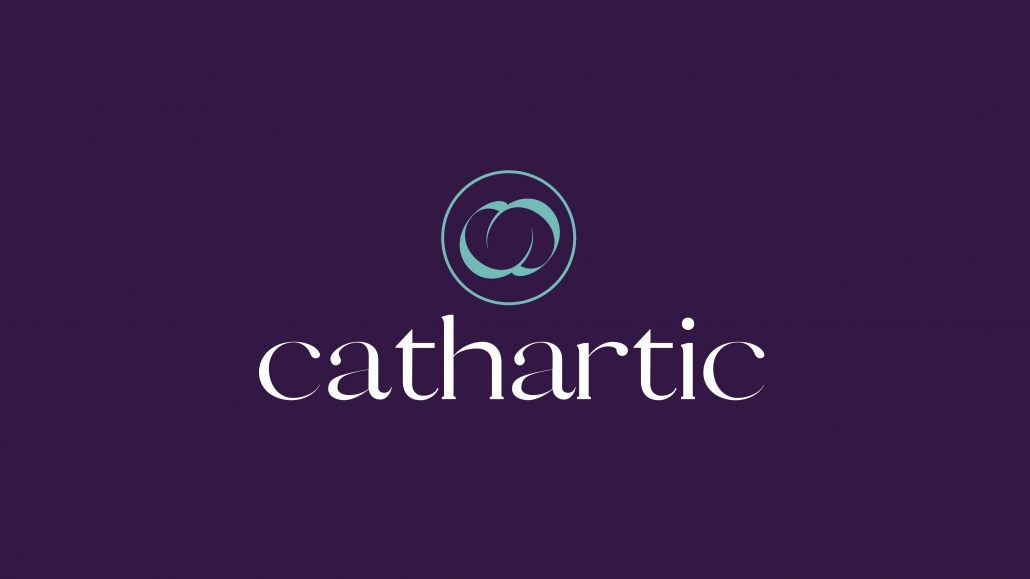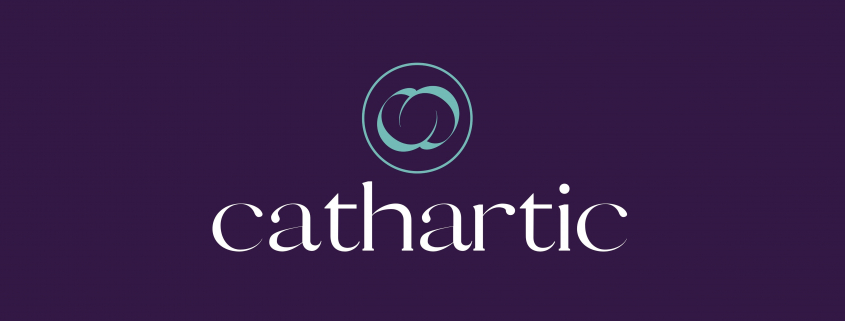Student-run nonprofit bridges health inequity

When Sachin Narayan noticed how under-resourced populations have very little access to healthcare products and services others may get at the store or doctor’s office, he decided to begin Cathartic.
“I’ve been really blessed and fortunate to be in a position where I think everything that I had to care about my preventative health, whether it was a Band-Aid … or it was a lotion bottle, if it was soap, it was sunscreen, it was multivitamins — whatever it may be, I sort of had that at my arms reach,” said Narayan, a junior majoring in global health. “I think that for a lot of us who do have that access, it causes us to turn a blind eye to the fact that most people … don’t have easy access to what we’ve not even considered as preventive health measures.”
After a year and a half working on ideas to improve nonprofit healthcare with Dr. Terry Church, an assistant professor of regulatory and quality sciences, Narayan asked Joseph Naseib and Anna Greer to start Cathartic with him. The three met through Los Angeles Community Impact, a student organization that provides pro-bono consulting services to socially-minded organizations in L.A., to create a preventative medicine nonprofit. The nonprofit, Cathartic, would work to connect donors of health necessities with suppliers that can help those in need within the community.
“We were hoping to sort of tackle a lot of the preventative health inequities that we see in our urban communities specifically by trying to get the most important stakeholders to the table to engage in the collective public health of our communities,” said Narayan, who now serves as Cathartic’s CEO.
According to Greer, a sophomore majoring in political economy and Cathartic’s chief marketing officer, there’s a “massive percentage” of Americans who can’t afford the services provided by the U.S. healthcare system.
“It’s just really sad that it affects people’s fundamental well-being to not have money,” Greer said. “Anything I can do to sort of make our health system in the U.S. just a little bit more equitable … makes me just feel better to know that there are people out there pushing to make this change because I don’t think that anybody deserves to face dire health consequences.”
Cathartic is currently in the process of launching their pilot program, the Skin Protection Program, where they have been accepting a variety of sunscreen donations from different corporate sponsors, such as USC and Keck Street Medicine, to distribute to local organizations. They are also working to have health education resources given out with the sunscreen distribution in order for people to know exactly how to use the products they receive.
The inspiration to launch the Skin Protection Program was the fact that individuals facing homelessness have abnormally high rates of skin cancer and other skin diseases, as well as general uncomfortability and danger for infections.
“Something that you and I can get very easily, like sunscreen and lotion to keep our skin moisturized and protect it from UVA and UVB rays, those are very simple things that we can just pick up at CVS that obviously unhoused people do not have access to and can’t afford,” Greer said.
Beyond the Skin Protection Project, Cathartic hopes to address the lack of responsive healthcare as a whole for underprivileged communities. This creates a focus on “preventative healthcare,” specifically focusing on products that help to prevent more serious illnesses, such as skin cancer, as well as adapting to the current infrastructure of health in the community.
“[Preventative healthcare] means providing health education on when you should be visiting your doctor, how to take care of your body in general and … alleviating fears from visiting the doctor,” said Nasieb, a sophomore majoring in human biology and Cathartic’s chief operating officer.
The organization requires a lot of outreach, particularly when it comes to finding donors to supply distributors with, Greer said. Narayan, Naseib and Greer did a lot of cold outreach to locate products and were able to receive approximately $25,000 worth of sunscreen.
Cathartic’s ultimate goal is to have a matching site where suppliers can share products and distributors can place requests in order to be matched together, serving as many nonprofits, in L.A. and beyond, as possible, Naseib said.
“We definitely want this to continue to grow and become the real leader in the industry for this sort of product,” Greer said. “In the future, we really see this being a leading platform in the CSR and the giving industry.”

